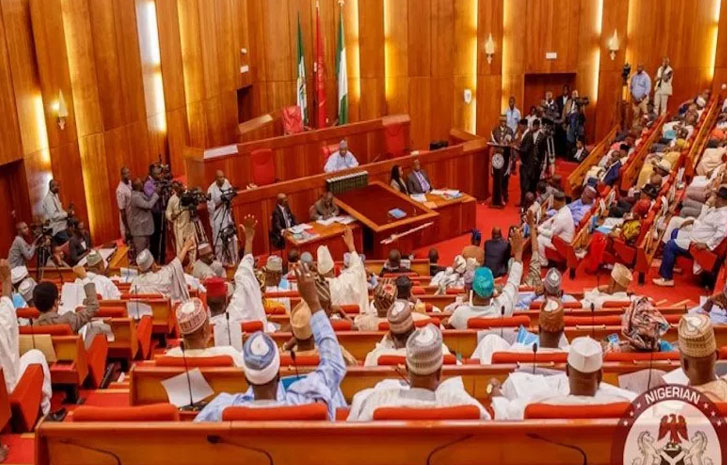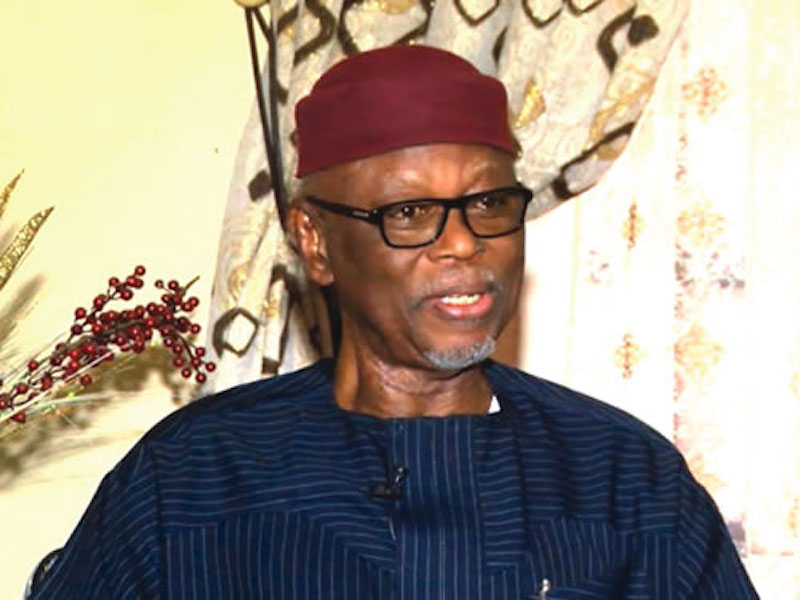Nigeria’s currency, the naira, showed tentative signs of stabilization this week, recording a modest gain against the U.S. dollar in official trading amid sustained growth in the country’s foreign reserves. Data released by the Central Bank of Nigeria (CBN) revealed the naira closed at ₦1,533.73 per dollar on Thursday, a slight improvement from ₦1,534.44 the previous day—a marginal strengthening of ₦0.70. The uptick coincided with a rise in Nigeria’s external reserves, which climbed to $39.99 billion by August 6, 2025, up from $39.81 billion recorded two days earlier.
While the official market saw incremental progress, the parallel (black) market remained stagnant, with the currency holding steady at ₦1,565 per dollar on Thursday. The divergence between official and unofficial exchange rates underscores ongoing volatility in Africa’s largest economy, where forex liquidity challenges and speculative pressures often drive discrepancies. Analysts note that the naira’s recent performance has been uneven, alternating between gains and losses over the past four days, according to local outlet Media Talk Africa.
The gradual reserve accumulation reflects efforts by Nigerian monetary authorities to stabilize the currency after months of turbulence. Higher reserves typically boost investor confidence by signaling a country’s ability to meet foreign obligations and intervene in currency markets. However, structural issues—including reliance on oil exports and limited forex inflows—continue to test the CBN’s capacity to sustain long-term stability.
Economists caution that while even minor gains are a positive signal, the naira’s recovery remains fragile. Recent reforms, including efforts to unify exchange rates and attract foreign investment, have yet to fully alleviate pressure on the currency. Meanwhile, households and businesses navigating dual exchange rates face persistent challenges in planning and procurement, particularly for imports.
The CBN has not commented on specific interventions this week, but its monthly economic reports highlight ongoing strategies to manage inflation and stabilize the forex market. For now, the mixed performance of the naira reflects both cautious optimism and the complex realities of Nigeria’s economic landscape, where external reserves and global oil prices remain critical levers for currency dynamics.



